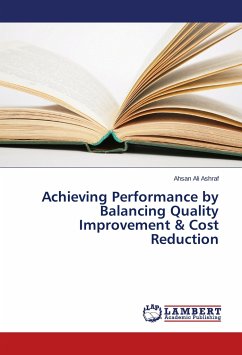Armed with the notion that R&D collaborations can help accelerate the pace of scientific discovery and innovation, policy makers and program managers have invested a great deal of public resources in new initiatives to facilitate and foster collaborative interactions among academic, private, and governmental entities. However, alliances and collaborations are not always successful, especially when the measure of success extends beyond merely generating new knowledge but getting new products and processes in use by the public. This book presents the results of a research project that examined the impact of research and development R&D collaborations on biomedical product innovation by small biotechnology firms in the U.S., focusing specifically on the impact of partner type.








